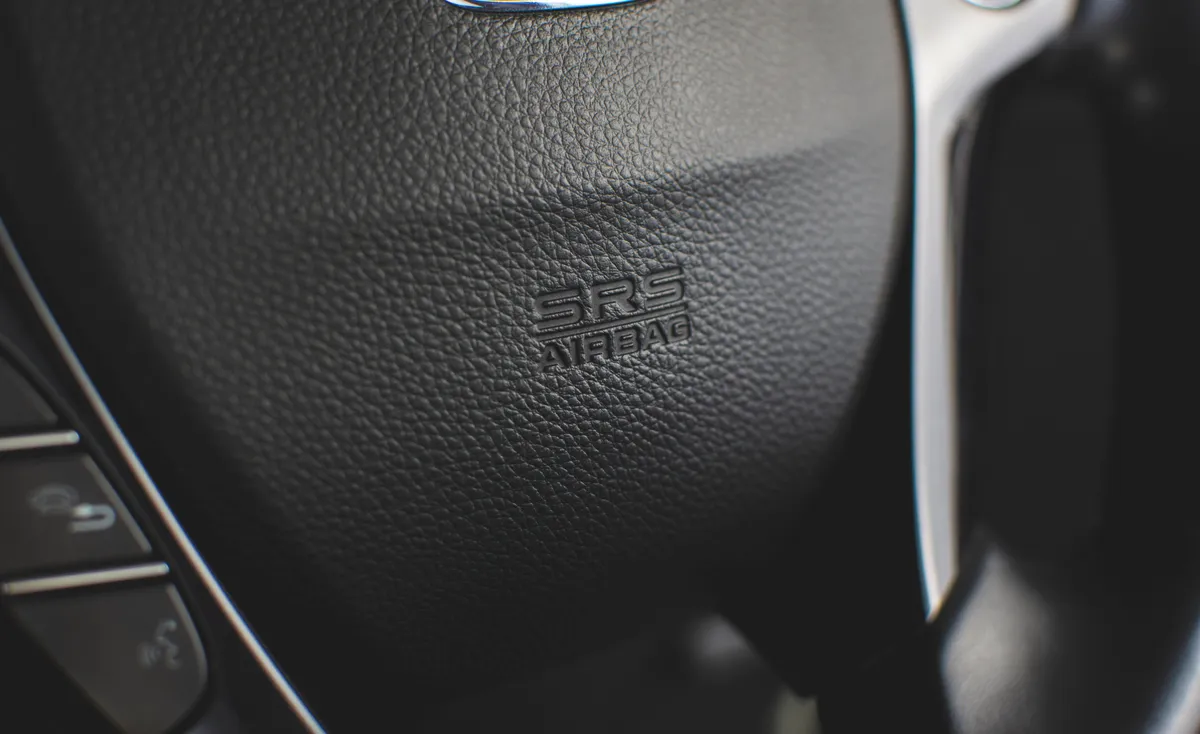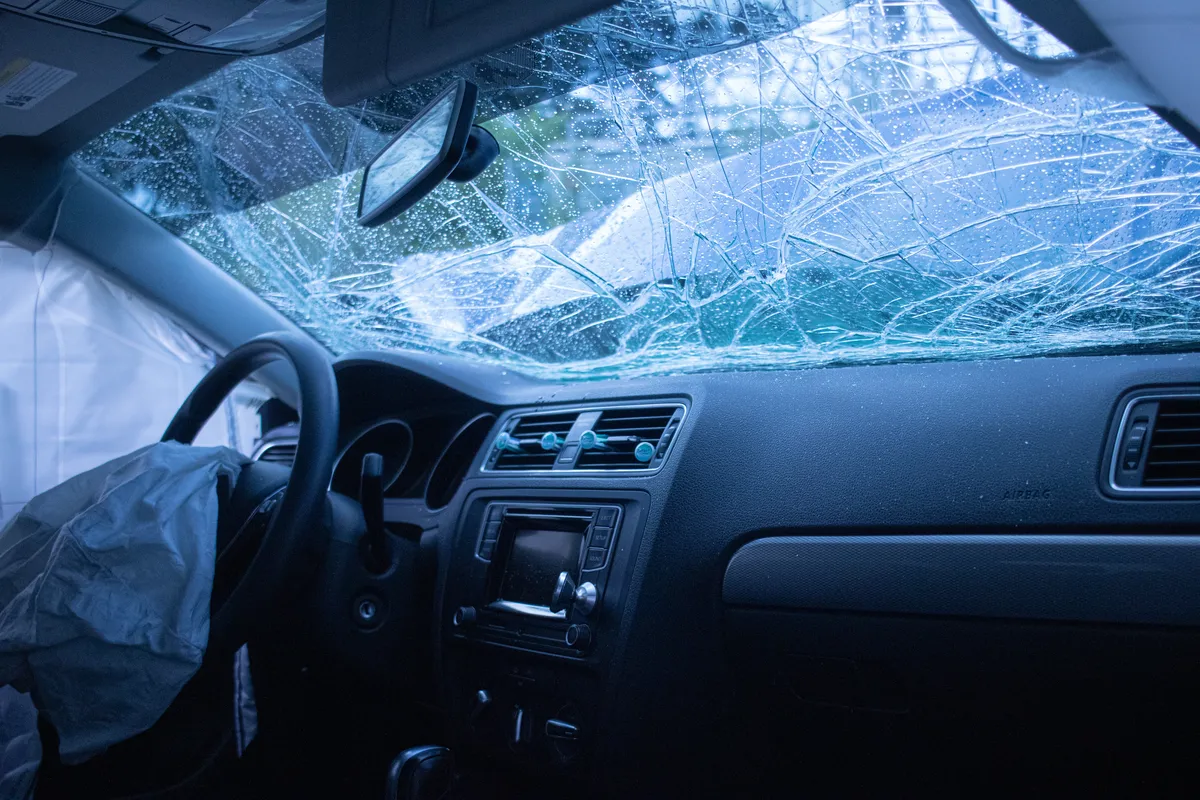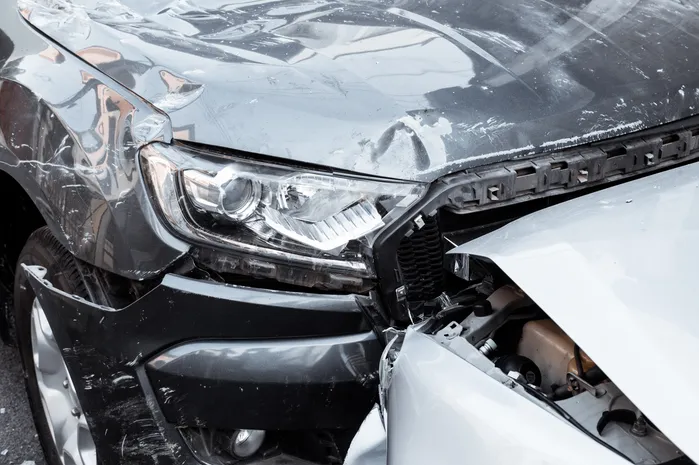5 min read time
Summary
Average airbag injury settlements range from $20,000 to $75,000.
Table of Contents
What Is the Average Airbag Injury Settlement
The average settlement for an airbag injury ranges from around $20,000 to $75,000.
However, due to many factors, such as the severity of the airbag injury, the amount of medical treatment received, and liability in an airbag injury settlement, the settlement may be higher or lower than the average.
While there is a known average settlement range for airbag injury cases, it's essential not to use the average to gauge the worth of your unique airbag injury claim, but instead schedule a free consultation with an airbag injury lawyer by calling (702) 566-3600 to receive a free in-depth worth analysis.
Average Airbag Injury Settlement Based on Severity of Injuries
The worth of most airbag injury settlements depends on how severe the injuries the airbag caused were.
Based only on the severity of the injuries suffered, the average airbag injury settlements are as follows:
- Minor Burns or Bruising: $10,000 to $25,000
- Facial Fractures: $25,000 to $60,000
- Eye Injuries: $50,000 to $100,000
- Brain Injuries: $75,000 to $150,000
- Injuries Resulting in Permanent Disability: $50,000 to $200,000
Factors That Affect an Airbag Injury Settlement
Understanding the factors that affect an airbag settlement can provide some insight into the potential value of your airbag injury case.
Below, we explore the top factors that affect an airbag injury settlement amount.
Severity of Injuries
In any type of personal injury claim, the more severe the injuries, the greater the potential for a larger settlement.
Severe or permanent injuries that could result from a deploying or defective airbag, such as eye trauma or disfigurement, will significantly increase the value of an airbag injury settlement.
Medical Expenses
Depending on how many justifiable medical treatments you receive after an airbag injury, such as surgery, hospital stays, or physical therapy, can majorly affect an airbag injury settlement.
If you have incurred high medical bills due to your injuries sustained because of the airbag, your settlement will increase to cover the costs.
Lost Wages
If the injuries sustained because of the airbag kept you from working or hindered your ability to work, you can seek financial compensation for the lost income.
If the time of work was substantial, resulting in significant lost income, it can increase the value of your settlement.
In addition, you can seek compensation for the financial losses caused by the loss of earning capacity if the injuries caused you to be unable to work as you were before the accident.
Liability
Who is at fault, and if you share fault in the accident, can greatly alter an airbag injury settlement.
If you share fault in the accident, depending on which state you live in, your settlement may be reduced based on the percentage of fault you share in the accident.
Insurance Policy Limits
The at-fault parties' insurance policy may cap the amount of compensation available to you.
If the liable party only holds a Nevada minimum liability insurance policy of $50,000, you may only be able to collect a maximum of $50,000 in compensation.
Common Airbag Defects

Airbags are meant to protect vehicle occupants during a motor vehicle collision; however, under specific circumstances, various airbag defects could occur, resulting in serious or fatal injuries.
Some of the most common airbag defects are explored below.
Failure to Deploy
During a car accident, an airbag malfunction may occur where the airbag does not deploy, leaving the vehicle's occupants unprotected from the force and impact of a motor vehicle crash, potentially leading to devastating effects such as:
- Head or brain injuries
- Chest trauma
- Facial injuries
- Fatal injuries
When an airbag fails to deploy during an impact, numerous factors, such as a faulty crash sensor, electrical system, control module, or airbag system, may be the cause.
Unexpected Deployment
Airbags are only meant for high-impact car crashes, meaning an unexpected or surprise deployment may cause unnecessary physical injuries, such as broken bones or burns.
Defective Airbag Inflators
Defective inflators were a key component in causing over 67 million defective Takata airbags to be recalled and prompting the National Highway Traffic Safety Administration to issue a do-not-drive warning for 36 car models.
A defective inflator can be extremely dangerous, even fatal, as it can potentially result in overly extreme force being exerted and metal fragments flying throughout the cabin.
What Damages Can You Seek in an Airbag Injury Claim
If you were injured by a defective airbag or an airbag deployment caused by someone else's negligence, you may be entitled to seek damages through a personal injury or product liability lawsuit.
The damages available in either personal injury or product liability cases are sorted into two main categories: economic and non-economic damages.
Economic and non-economic damages are typically comprised of:
- Medical expenses
- Lost wages
- Pain and suffering
- Emotional Distress & Psychological Trauma
- Property damage
- Punitive damages (Not an economic or non-economic damage, but a financial penalty against the at-fault party brought upon by a court and given to the victim)
To ensure you obtain a fair settlement, contact an experienced car accident attorney from our law firm today by calling (702) 566-3600 to learn your legal options.
Who Can Be Liable in Airbag Injury Cases
Under personal injury law, multiple parties can be liable in an airbag injury case.
Knowing who can be held liable is a must, as it's a crucial step in proving product liability or personal injury claims.
Vehicle or Airbag Manufacturer
If a vehicle has manufacturing defects that affect airbag deployment, or defective airbags were produced by a third party, such as in the case of the Takata airbag recall, the airbag or car manufacturers can be held liable for any resulting injuries or damages.
Another Driver
If another driver crashes into you, causing the airbags to deploy and resulting in airbag-related injuries, they may be held liable, especially if their negligent actions, such as speeding, running a traffic light, or impaired driving, caused the car accident.
Mechanic
If your airbag was improperly installed or replaced by a third-party car mechanic shop, and a defect occurs, the mechanic shop that performed the work could be held responsible for a negligent repair or installation process.
What Are the Most Common Injuries Resulting from Airbags?
Airbag injury victims can suffer a wide range of injuries, ranging from minor cuts and bruises to major life-altering injuries.
The most common airbag injuries sustained due to deployment or defects are:
- Facial Injuries: If an airbag impacts the face, it could result in fractures, cuts, or scarring to the face.
- Burns: The chemical reactions airbags utilize to deploy at speeds up to 200 mph produce intense heat and gas, which can result in chemical, friction, or thermal burns to the body.
- Hearing Damage: The deployment of an airbag can be as loud as 160 decibels, which can cause temporary or permanent hearing loss.
- Eye Injuries: Debris or chemicals expelled from the airbag during deployment can damage the eye.
- Head Injuries: Ranging from concussions to traumatic brain injuries, depending on where an airbag impacts, it can cause serious injury to the head.
If you sustained injuries from an airbag, contact an experienced personal injury attorney from The Rodney Okano Car Accident Lawyer Law Firm by calling (702) 566-3600 to learn if you are entitled to recover compensation.
Obtain the Compensation You're Entitled To
Contact Us Today
Rodney Okano Car Accident Lawyer is a Las Vegas personal injury law firm with over 20 years of experience helping clients obtain maximum compensation following injuries from accidents such as car crashes, worksite injuries, and slips and falls. Over those years, The Rodney Okano Car Accident Lawyer Law Firm has become an experienced law firm that can ensure exceptional results for any of its clients.



